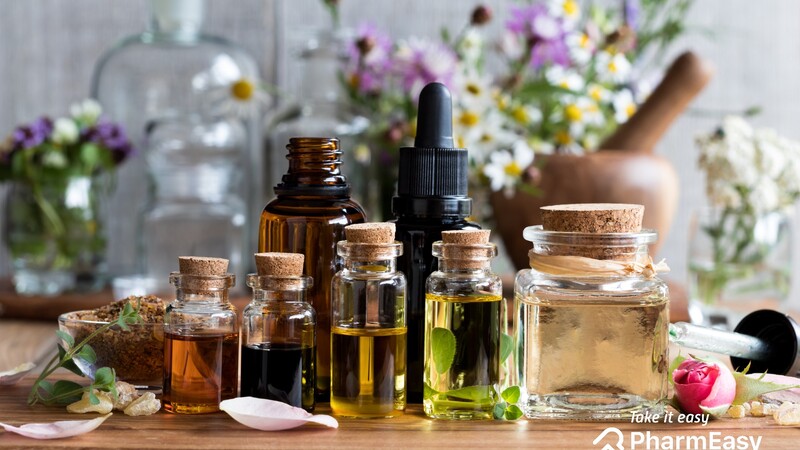In today’s modern world, characterized by a growing consciousness of health, wellness, and environmental sustainability, the allure of natural remedies has captured the interest of many seeking alternative approaches to well-being. Among these remedies, organic essential oils stand out as potent extracts derived from plants, offering a multitude of benefits for physical, emotional, and mental health while aligning with eco-friendly practices. Let’s delve deeper into the concept of “going green” with organic essential oils and explore how they can serve as a natural pathway to holistic well-being.
Understanding Organic Essential Oils
Organic essential oils are highly concentrated liquids extracted from various parts of plants, including leaves, flowers, stems, and roots. The extraction process typically involves methods like steam distillation or cold pressing, which help preserve the natural compounds and therapeutic properties of the plant.
What sets organic essential oils apart is their source – plants grown using organic farming methods without synthetic pesticides, herbicides, or chemical fertilizers. This ensures the purity and integrity of the oils while minimizing environmental impact, making them a sustainable choice for health-conscious individuals.
Benefits for Well-being
The use of organic essential oils is rooted in the ancient practice of aromatherapy, which harnesses the therapeutic properties of aromatic compounds to promote health and well-being. These oils offer a diverse range of benefits:
- Stress Reduction: Certain oils like lavender, chamomile, and bergamot have calming properties that can help reduce stress and anxiety levels when used in aromatherapy.
- Improved Sleep Quality: Organic essential oils such as cedarwood, vetiver, and ylang-ylang possess relaxing properties that can promote better sleep and relieve insomnia.
- Enhanced Focus and Concentration: Essential oils like peppermint, rosemary, and lemon are known for their invigorating scents that can boost mental clarity, focus, and productivity.
- Immune Support: Tea tree, eucalyptus, and lemon oils have potent antibacterial and antiviral properties that can strengthen the immune system and aid in combating infections.
- Natural Skincare: Many organic essential oils such as rosehip, frankincense, and jojoba oil are prized in skincare for their moisturizing, anti-inflammatory, and anti-aging effects.
Environmental Benefits
In addition to promoting personal well-being, choosing organic essential oils contributes positively to the environment:
- Reduced Chemical Exposure: Organic farming practices eliminate the use of synthetic chemicals, reducing soil and water contamination and minimizing harm to wildlife and ecosystems.
- Biodiversity Conservation: Organic agriculture supports biodiversity by preserving natural habitats and promoting the growth of native plants, which in turn benefits local wildlife.
- Lower Carbon Footprint: Organic farming typically involves fewer fossil fuel-based inputs, leading to lower greenhouse gas emissions and overall environmental impact.
Tips for Using Organic Essential Oils Responsibly
To fully embrace the natural approach to well-being with organic essential oils, consider the following guidelines:
- Choose Certified Organic: Look for essential oils that are certified organic by reputable organizations such as USDA Organic or Ecocert to ensure their purity and authenticity.
- Practice Dilution: Essential oils are highly concentrated and potent. Always dilute them with carrier oil (such as coconut oil or almond oil) before applying them to the skin to avoid irritation.
- Perform Patch Tests: Before using a new essential oil, conduct a patch test on a small area of skin to check for any adverse reactions or allergies.
- Mindful Disposal: Dispose of used oils responsibly, following local guidelines for recycling or proper disposal to minimize environmental impact.
- Support Sustainable Brands: Choose essential oil brands that prioritize sustainable and ethical practices throughout their production and supply chain, supporting fair trade and eco-friendly initiatives.
Conclusion
Embracing a “green” lifestyle with organic essential oils goes beyond personal health benefits – it’s a conscious choice to prioritize both well-being and environmental sustainability. By incorporating these natural extracts into your daily routine, you can experience the transformative power of plants while minimizing your ecological footprint. Let organic essential oils guide you on a greener path to holistic wellness, where nature’s gifts not only nurture your body and mind but also contribute to a healthier planet for generations to come.
